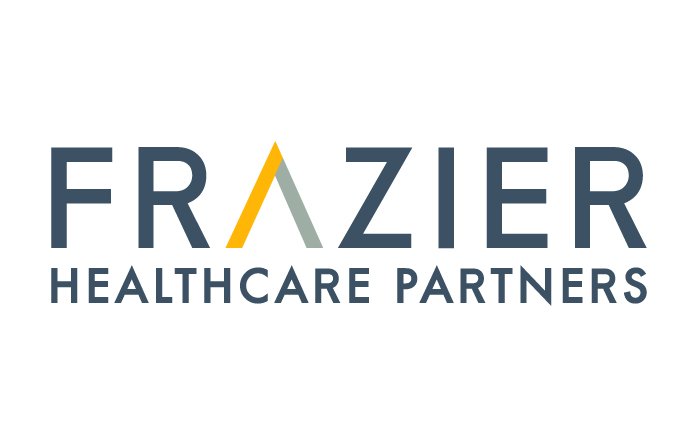Medication reconciliation is when you go over all of the medication you are taking (both prescription and over-the-counter) with a healthcare provider, such as your doctor or pharmacist.
Over-the-counter and prescription medications are used frequently to treat thousands of unique health issues. Many times, however, patients are not openly communicating with their primary care provider about all the pills they are taking. Patients may assume that their doctor is aware of medications prescribed by specialists or other providers, but that’s not always the case. There are two easy steps to getting your medication reconciliation complete: 1) Bring your bottles, and make a list. 2) Talk with your doctor or pharmacist about all your medications.
1) Bring your bottles, and make a list!
Reconciling your medications by bringing the physical bottles is vital for several reasons:
It helps avoid medical errors that could result from an incomplete understanding of past and present medical treatment.
There is less chance that a medication or prescription is forgotten or overlooked.
Your provider can more effectively work with you to consolidate and avoid unnecessary duplications of medications or prescriptions that treat the same symptoms.
Your provider can look for dosing errors and discuss proper administration of your medications.
With a complete inventory of your medications, your provider can help you identify and avoid adverse drug interactions.
When you bring in your bottles, be sure they are all tightly closed and carried in a safe bag so none are lost or misplaced.
An alternative option is to create a list of the over-the-counter and prescription medications you regularly take. You will have to update this list as doses and drugs change. Bring the list to every appointment as a reference when speaking with your primary care provider.
2) Talk with your doctor or pharmacist about all the medications you are taking. Do this once a year or whenever a new medication is added to what you are currently taking.
It’s important to let your doctor (or their medical assistant) know ahead of time that you want to complete a medication reconciliation. They’ll need to book an appointment with enough time and also prepare beforehand. If you wish to work with your pharmacist to complete a medication reconciliation, call your pharmacy to ask for a good time to come in and discuss all your concerns. Just like with your doctor, this allows your pharmacist the time to prepare for your appointment and will help ensure that they have enough time to complete your medication reconciliation.
Your Pharmacist Is a Medication Ally
A pharmacist’s work goes far beyond measuring pills into bottles, as he/she can be a helpful resource for patients who have questions or concerns about medications they are prescribed or purchasing.
With a quick phone call or a question asked at pickup, a pharmacist can clarify how much medication you should take based on your prescription; how to administer medication to yourself, a child or an elderly parent; and recommended solutions for your concerns.
Reconciliation Is a Joint Responsibility
The responsibility of managing medications is equally shared between a patient and his/her health care provider. While the provider is responsible for writing prescriptions and educating patients, it’s ultimately up to the patient to follow the provider’s recommendations.
Consistent reconciliation of your medications will help ensure that you and your primary care provider are on the same page and that your health needs are being addressed in the best possible way.
References
Barnsteiner JH. Medication Reconciliation. In: Hughes RG, editor. Patient Safety and Quality: An Evidence-Based Handbook for Nurses. Rockville (MD): Agency for Healthcare Research and Quality (US); 2008 Apr. Chapter 38. Available from: https://www.ncbi.nlm.nih.gov/books/NBK2648/
Salanitro AH, Kripalani S, Resnic J, et al. Rationale and design of the Multicenter Medication Reconciliation Quality Improvement Study (MARQUIS). BMC Health Serv Res. 2013;13:230. Published 2013 Jun 25. doi:10.1186/1472-6963-13-230
Redmond P, Grimes TC, McDonnell R, Boland F, Hughes C, Fahey T. Impact of medication reconciliation for improving transitions of care. Cochrane Database Syst Rev. 2018;8(8):CD010791. Published 2018 Aug 23. doi:10.1002/14651858.CD010791.pub2
Anderson LJ, Schnipper JL, Nuckols TK, et al. Effect of medication reconciliation interventions on outcomes: A systematic overview of systematic reviews. Am J Health Syst Pharm. 2019;76(24):2028-2040. doi:10.1093/ajhp/zxz236
Stay informed on the latest trends in healthcare and specialty pharmacy.
Sign up for our monthly e-newsletter, BioMatrix Abstract.
By giving us your contact information and signing up to receive this content, you'll also be receiving marketing materials by email. You can unsubscribe at any time. We value your privacy. Our mailing list is private and will never be sold or shared with a third party. Review our Privacy Policy here.





